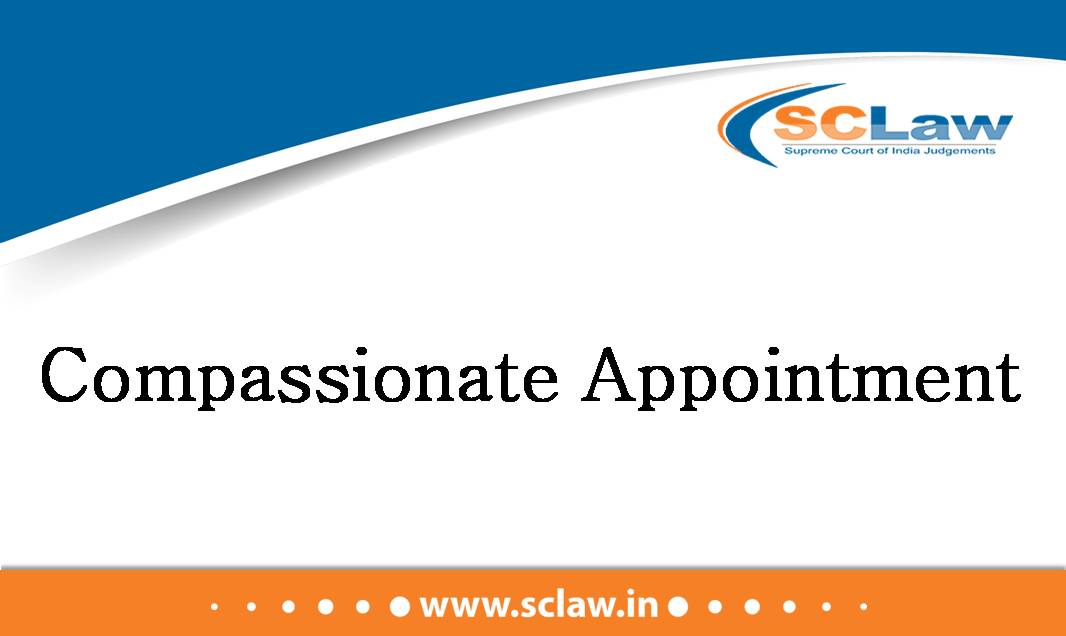Tamil Nadu Government Servants (Conditions of Service) Act, 2016 – Section 68 – Qualification for promotion to the post of Junior Bailiff – HELD 2016 Act actually replaces the General Rules for the Tamil Nadu State and Subordinate Services. But the Act does not override the Special Rules. Petition dismissed
SUPREME COURT OF INDIA FULL BENCH R. PALANISAMY AND OTHERS — Appellant Vs. THE REGISTRAR GENERAL HIGH COURT OF MADRAS AND OTHERS — Respondent ( Before : S.A. Bobde,…
Conditions For Transferring Cases from High Courts Under Article 139A To Apex Court: SCOI HELD “The points involved in the said Civil Appeal and the Writ Petition pending in the High Court of Punjab and Haryana require adjudication of substantially the same questions of law. These questions have arisen in two different States and in my opinion these are substantial questions of general importance.”,
The Supreme Court has withdrawn to itself a writ petition pending before the Punjab and Haryana High Court challenging a notification issued by the State of Haryana providing for 10%…
Double Taxation Avoidance Agreement between India and Korea – Article 5(1) – No permanent establishment has been set up within the meaning of Article 5(1) of the DTAA, as the Mumbai Project Office cannot be said to be a fixed place of business through which the core business of the Assessee was wholly or partly carried on.
SUPREME COURT OF INDIA FULL BENCH DIRECTOR OF INCOME TAX-II (INTERNATIONAL TAXATION) NEW DELHI AND ANOTHER — Appellant Vs. M/S SAMSUNG HEAVY INDUSTRIES CO. LIMITED — Respondent ( Before…
Section 260A Income Tax Act] HC Can Only Answer Substantial Question Framed By It: SCOI HELD Section is akin to Section 100 CPC. The High court must formulate substantial question of law and answer accordingly. Appeal allowed even on merits.
SUPREME COURT OF INDIA FULL BENCH SHIV RAJ GUPTA — Appellant Vs. COMMISSIONER OF INCOME-TAX, DELHI-IV — Respondent ( Before : R. F. Nariman, Navin Sinha and B.R. Gavai,…
IMP : Proceedings under sections 498A, 506, 323, and 406 read with section 34 of the IPC. Compromise between husband & wife. Proceedings Quashed by SCOI
The Supreme Court recently quashed charges of Cruelty by a wife against her husband basis an amicable settlement between them. A bench of Chief Justice SA Bobde & Justice R Banumathi held that considering…
S C O I Directs Compassionate Appointment In 21 Yrs Old Case, HELD Section 108 Evidence Act, stipulates that when the question is whether a man is alive or dead, and it is proved that he has not been heard of for seven years by those who would naturally have heard of him if he had been alive, the burden of proving that he is alive is shifted to the person who affirms it.
Section 108 stipulates that when the question is whether a man is alive or dead, and it is proved that he has not been heard of for seven years…
Andhra Pradesh Educational Institutions (Regulation of Admission and Prohibition of Capitation Fee) Act, 1983 – Rule 4 – Fixation of fees – The interim fee fixed by the Andhra Pradesh Government without following the drill of Rule 4 has correctly been found to be prima facie illegal and has therefore correctly been suspended
SUPREME COURT OF INDIA FULL BENCH RAJEEV GANDHI MEMORIAL COLLEGE OF ENGINEERING AND TECHNOLOGY AND ANOTHER — Appellant Vs. THE STATE OF ANDHRA PRADESH AND OTHERS — Respondent (…
IMP :: WILL proof when both attesting witness are dead.HELD in a case covered under Section 69 of the Evidence Act, what is to be proved as far as the attesting witness is concerned, is, that the attestation of one of the attesting witness is in his handwriting. The language of the Section is clear and unambiguous. Section 68 of the Evidence Act, as interpreted by this Court, contemplates attestation of both attesting witnesses to be proved. But that is not the requirement in Section 69 of the Evidence Act.
HELD “in a case covered under Section 69 of the Evidence Act, what is to be proved as far as the attesting witness is concerned, is, that the attestation of…
SCOI considered whether the NHAI, which owns and controls the highway, led to a duty of care to the users of the highway. HELD NHAI, which indisputably owns and controls the highway, and on whose behalf it was constructed, and for which the maintenance and operation agreement was entered into, led to a duty of care, to the users (of the highway)” The failure of the NHAI to ensure remedial action, and likewise the failure by Rathod (mining contractor) to take measures to prevent the accident, prima facie, disclose their liability. “
SUPREME COURT OF INDIA FULL BENCH THE DIRECTOR GENERAL (ROAD DEVELOPMENT) NATIONAL HIGHWAYS AUTHORITY OF INDIA — Appellant Vs. AAM AADMI LOKMANCH AND OTHERS — Respondent ( Before :…
SCOI Directs Telecos & ISPs To Maintain Call Detail Records (CDRs) And Other Records Seized During Investigations In A ‘Segregated & Secure’ Manner
SC Directs Telecos & ISPs To Maintain CDR And Other Records Seized During Investigations In A ‘Segregated & Secure’ Manner [Read Judgment] LIVELAW NEWS NETWORK 15 July 2020 1:35 PM…















